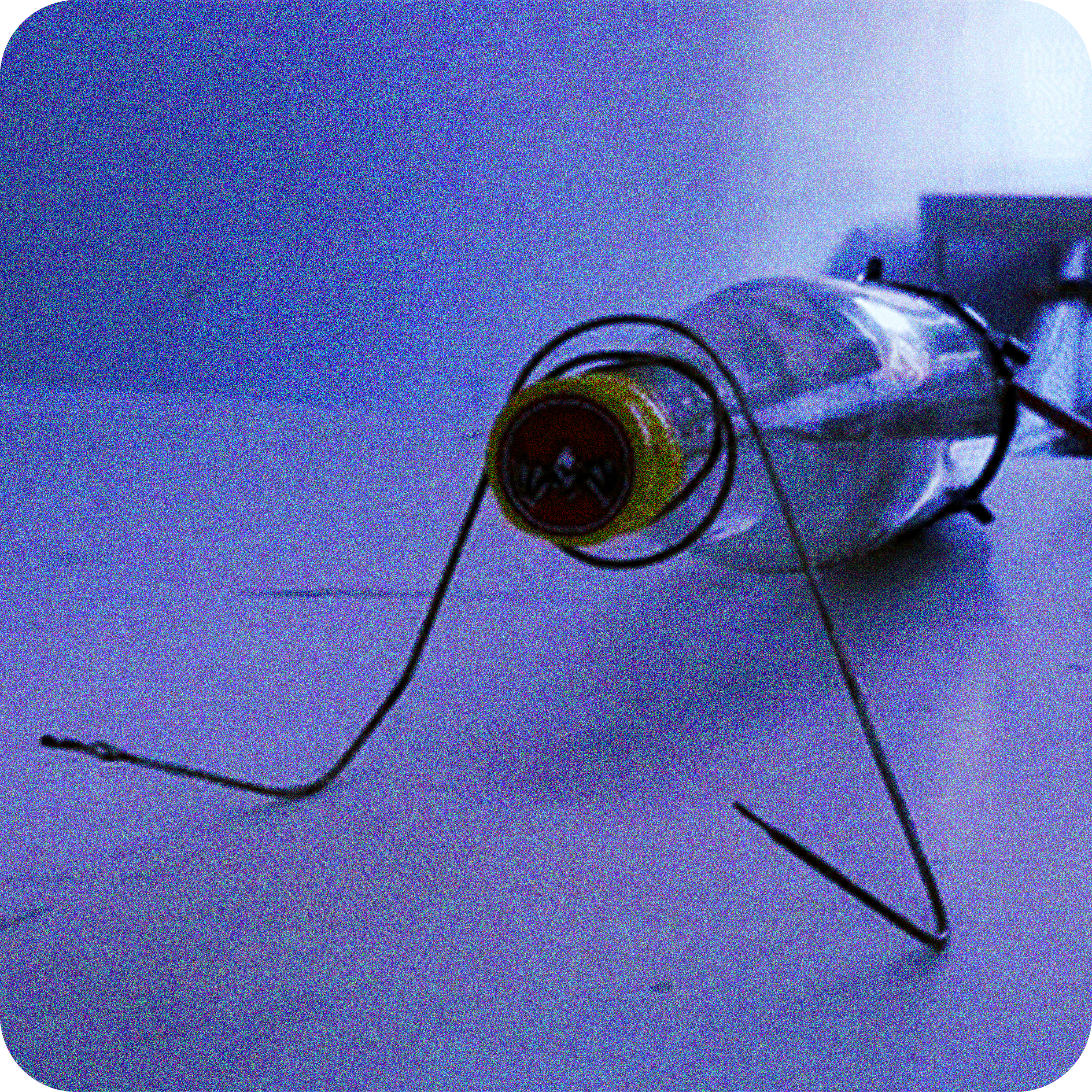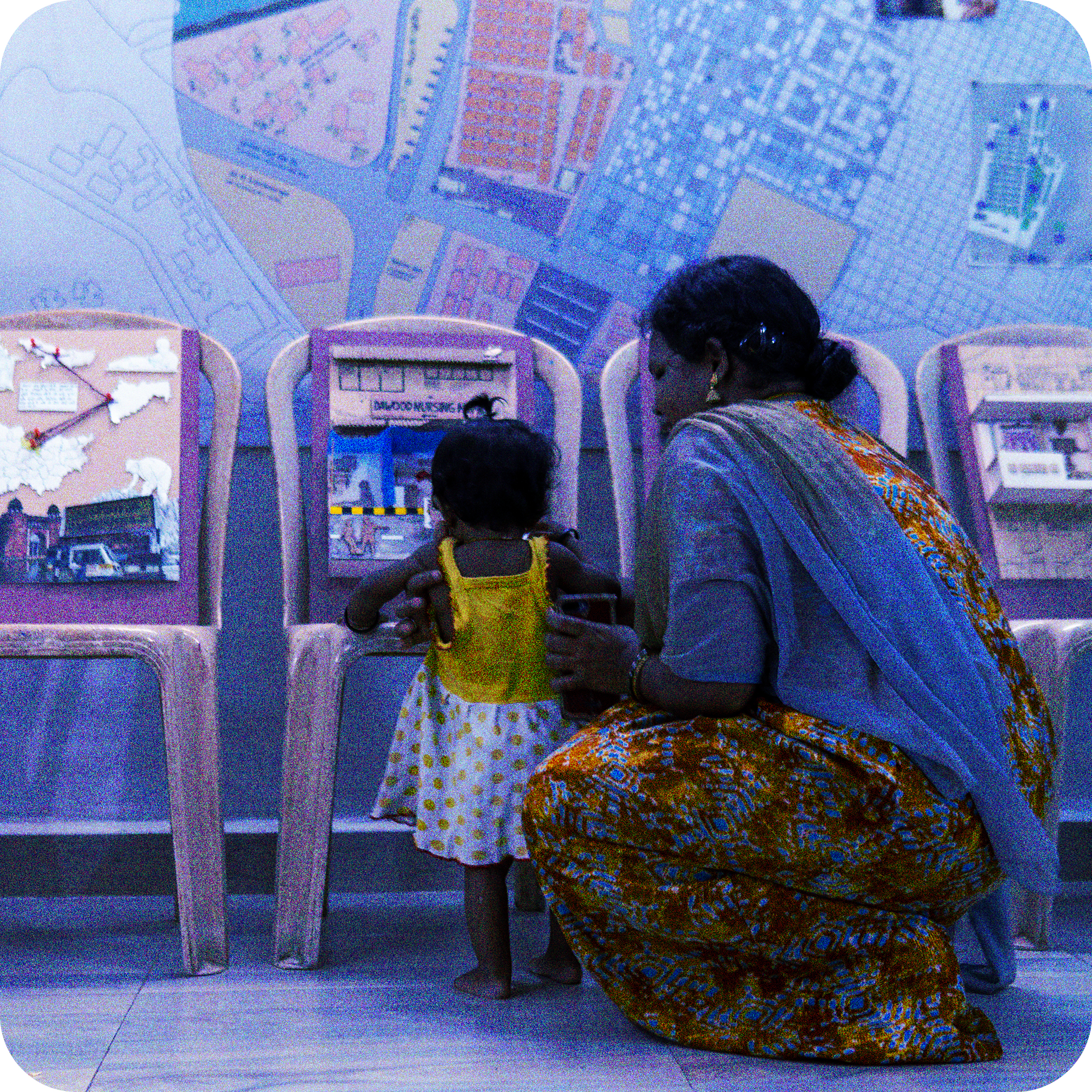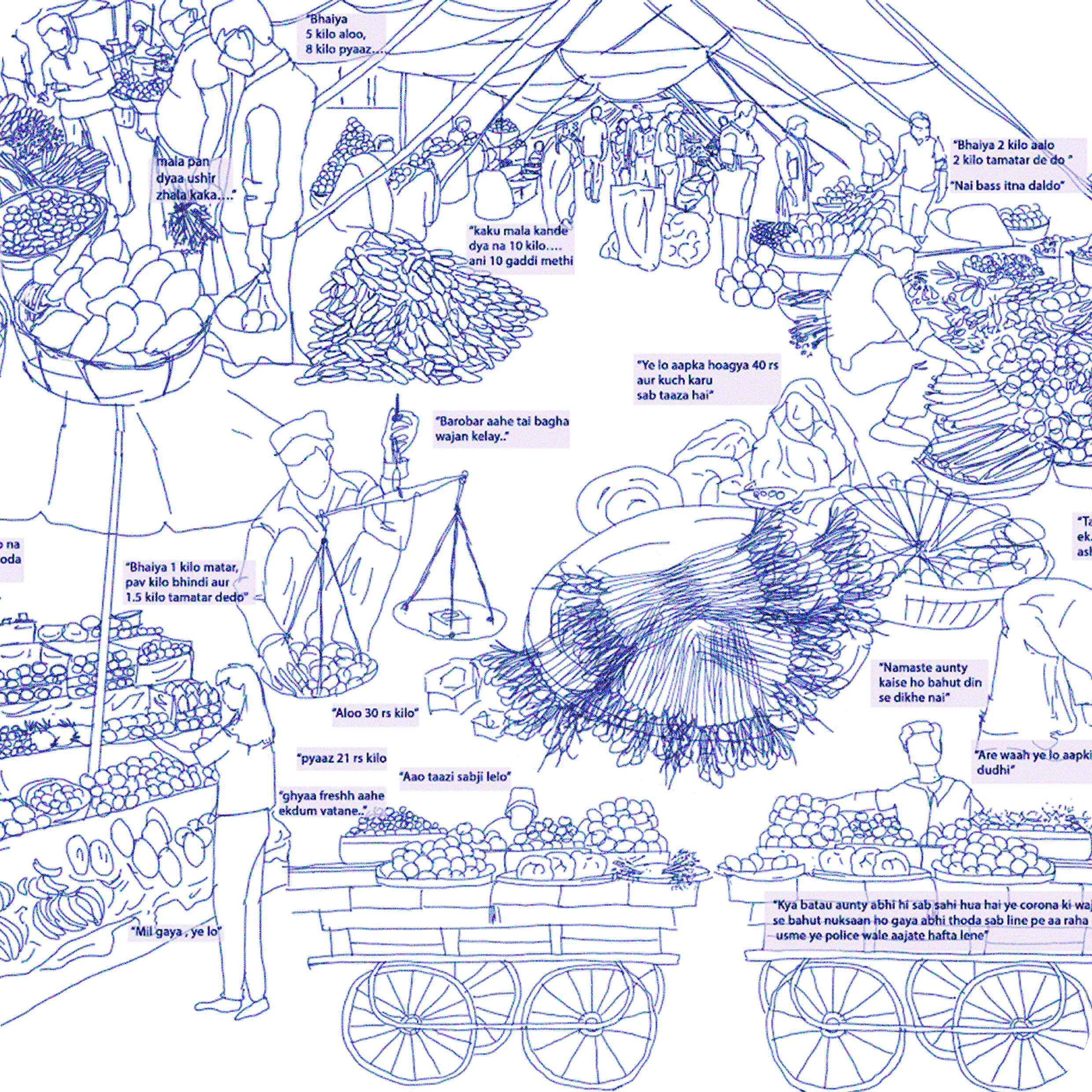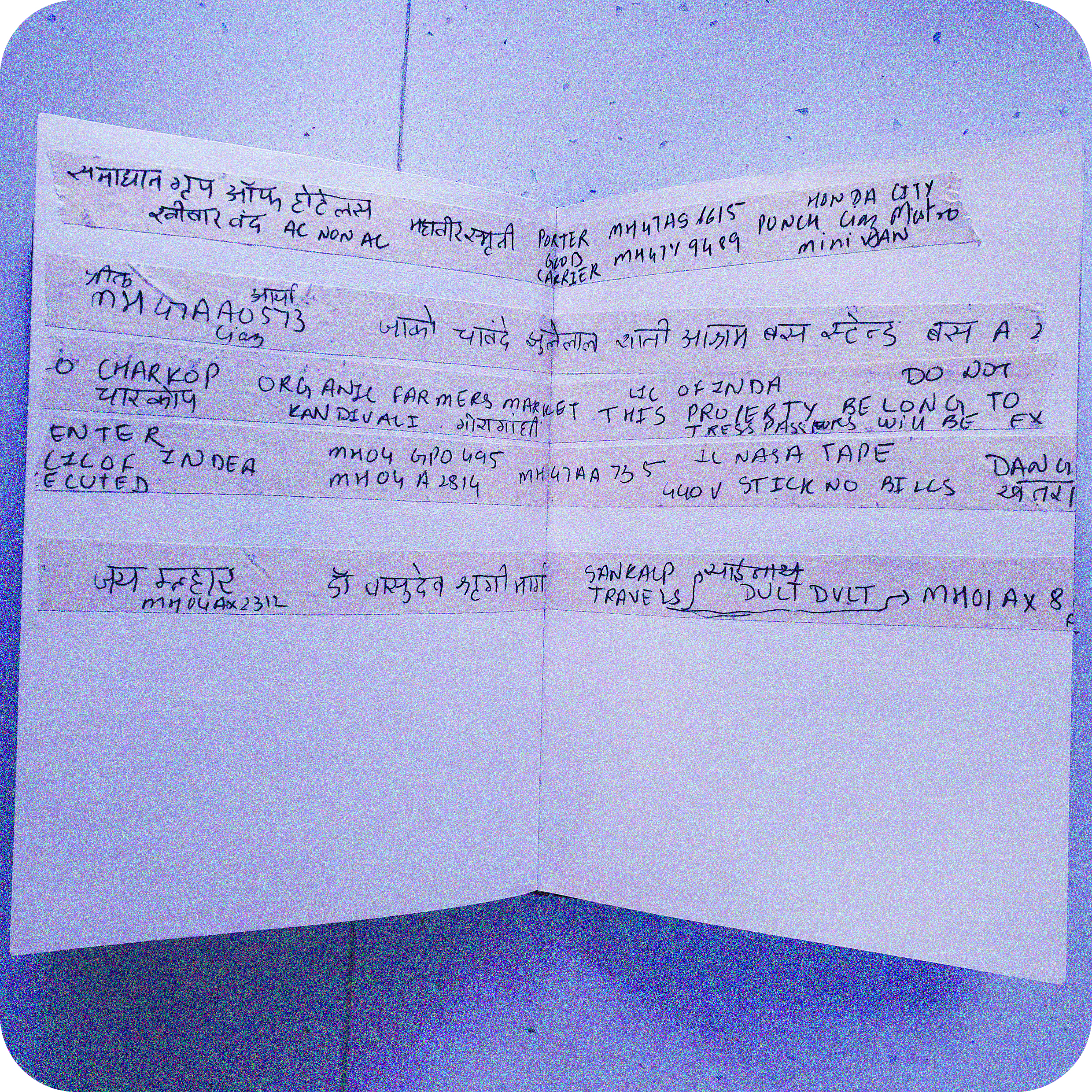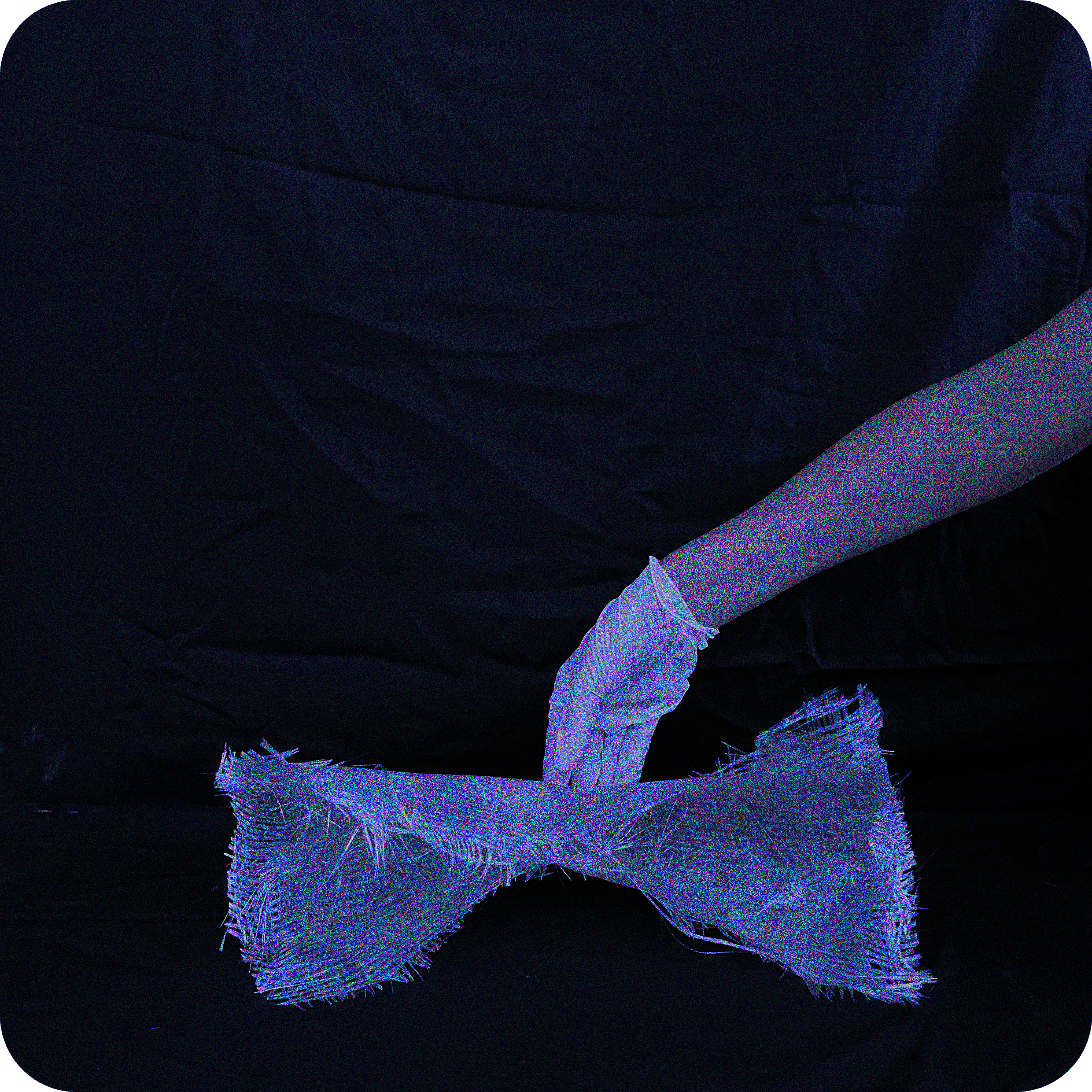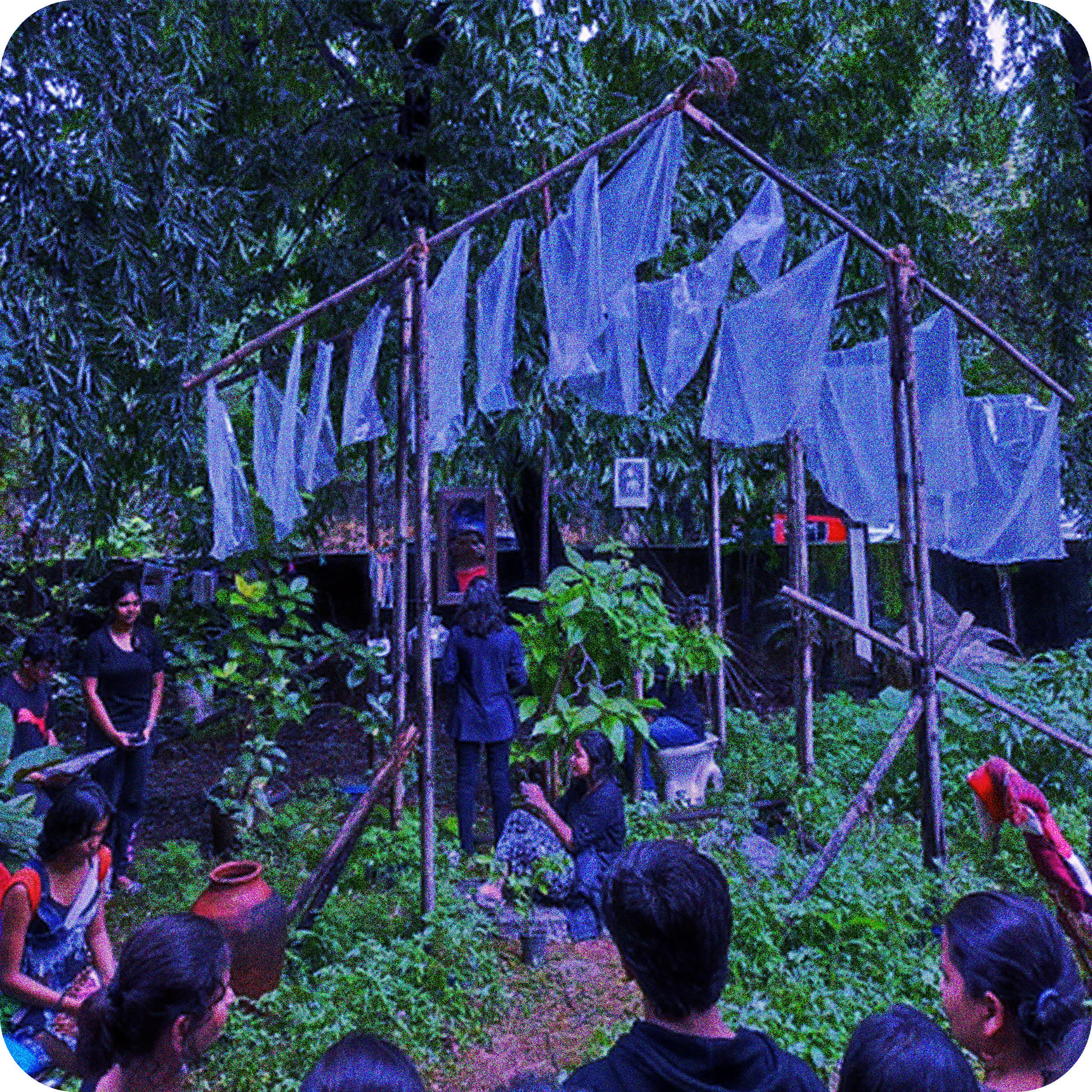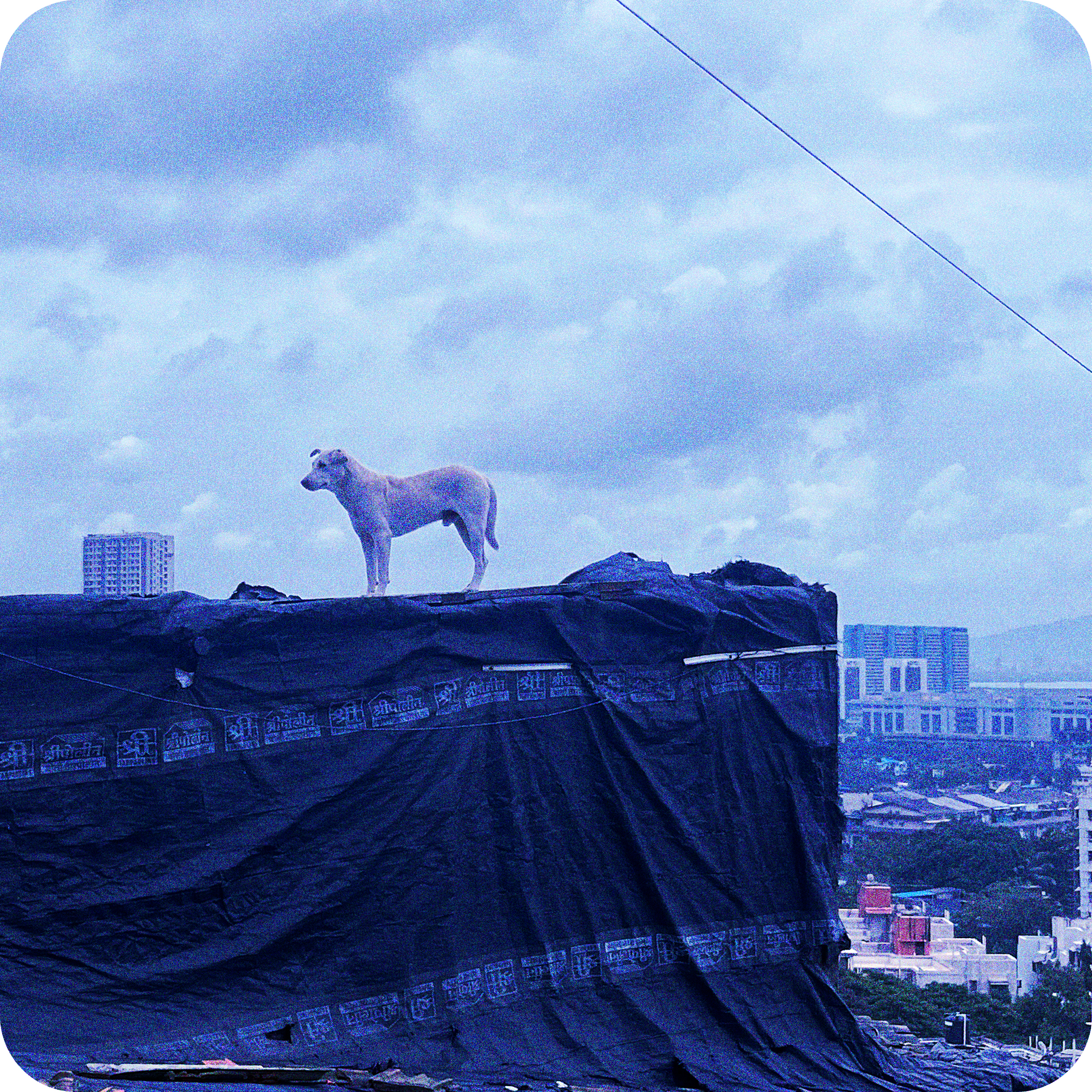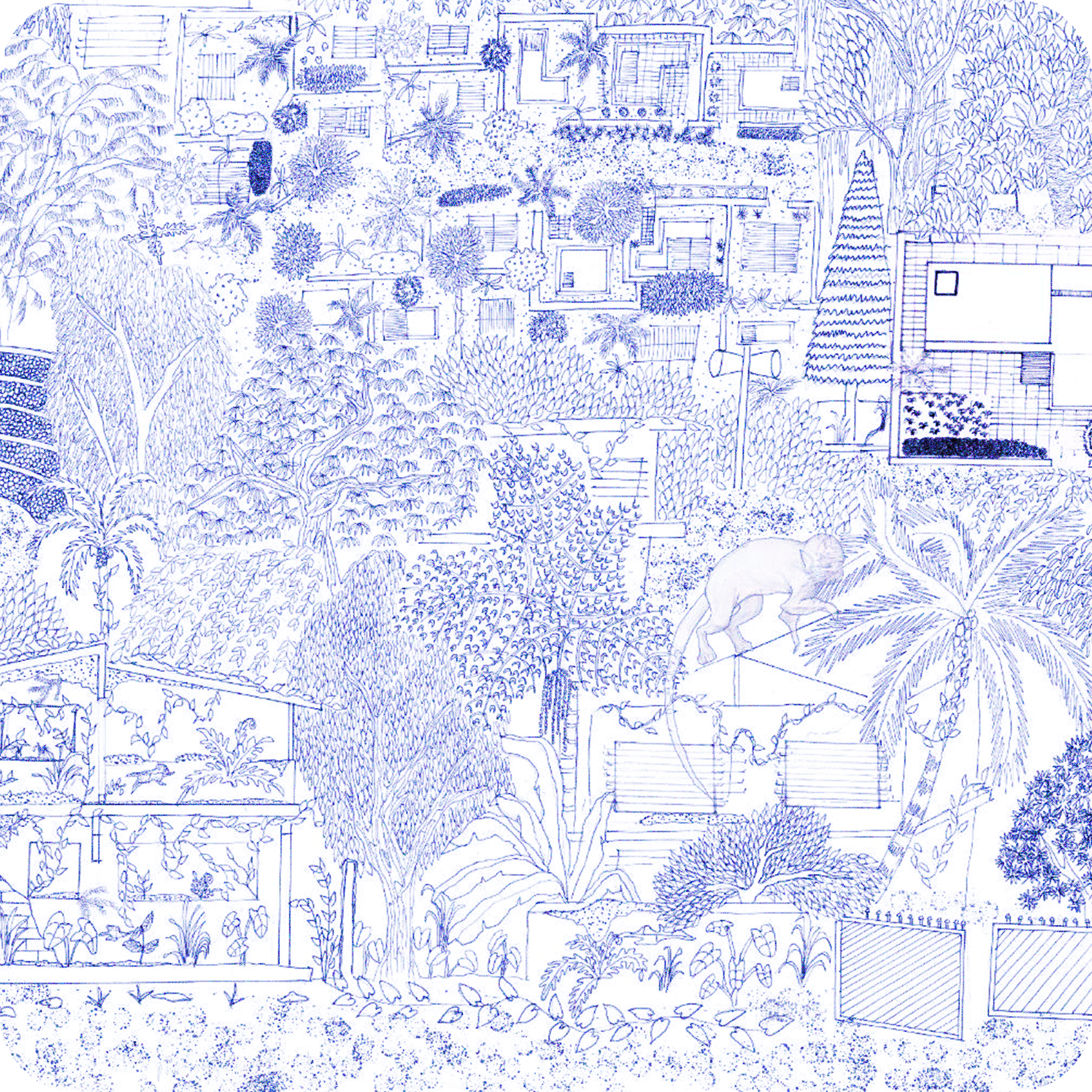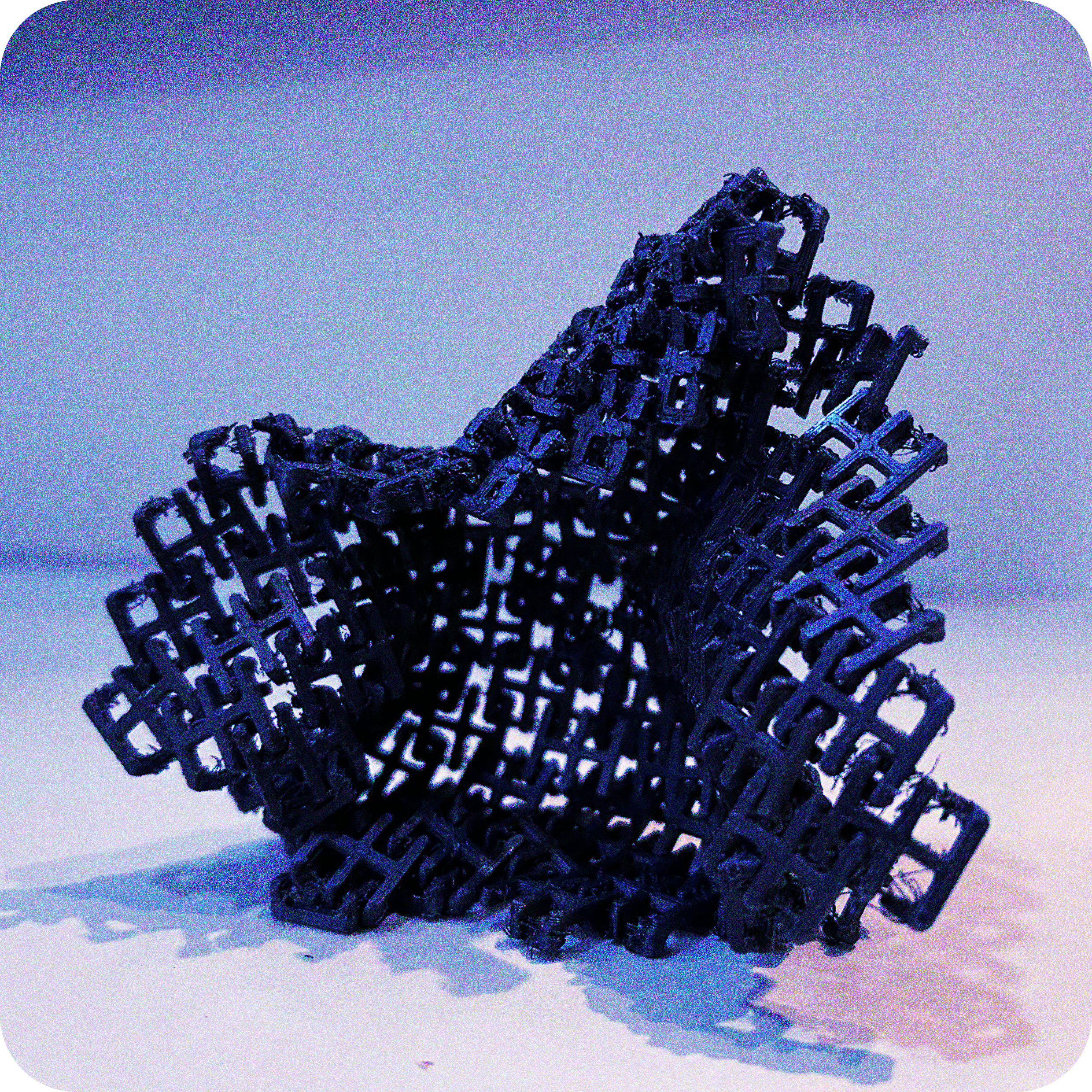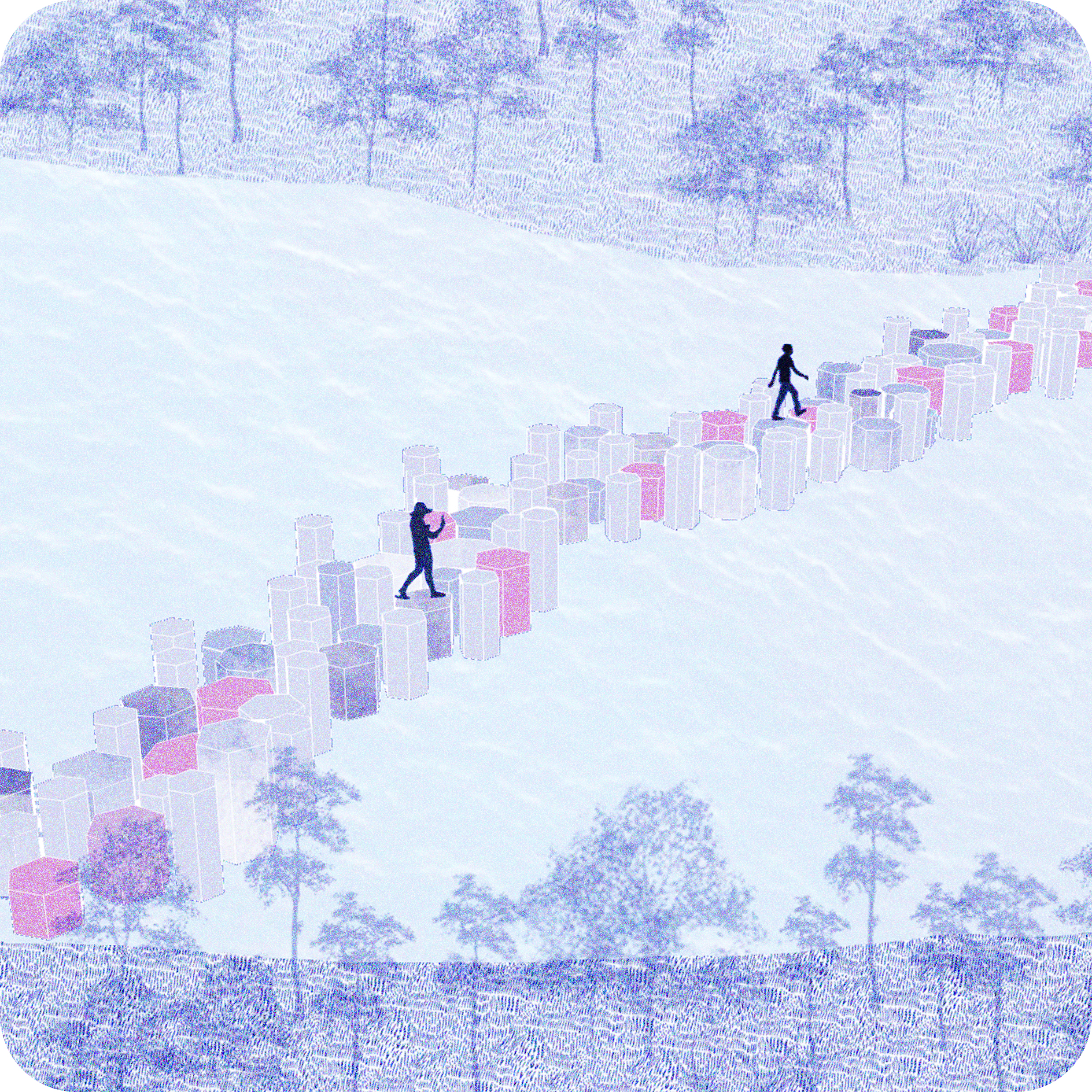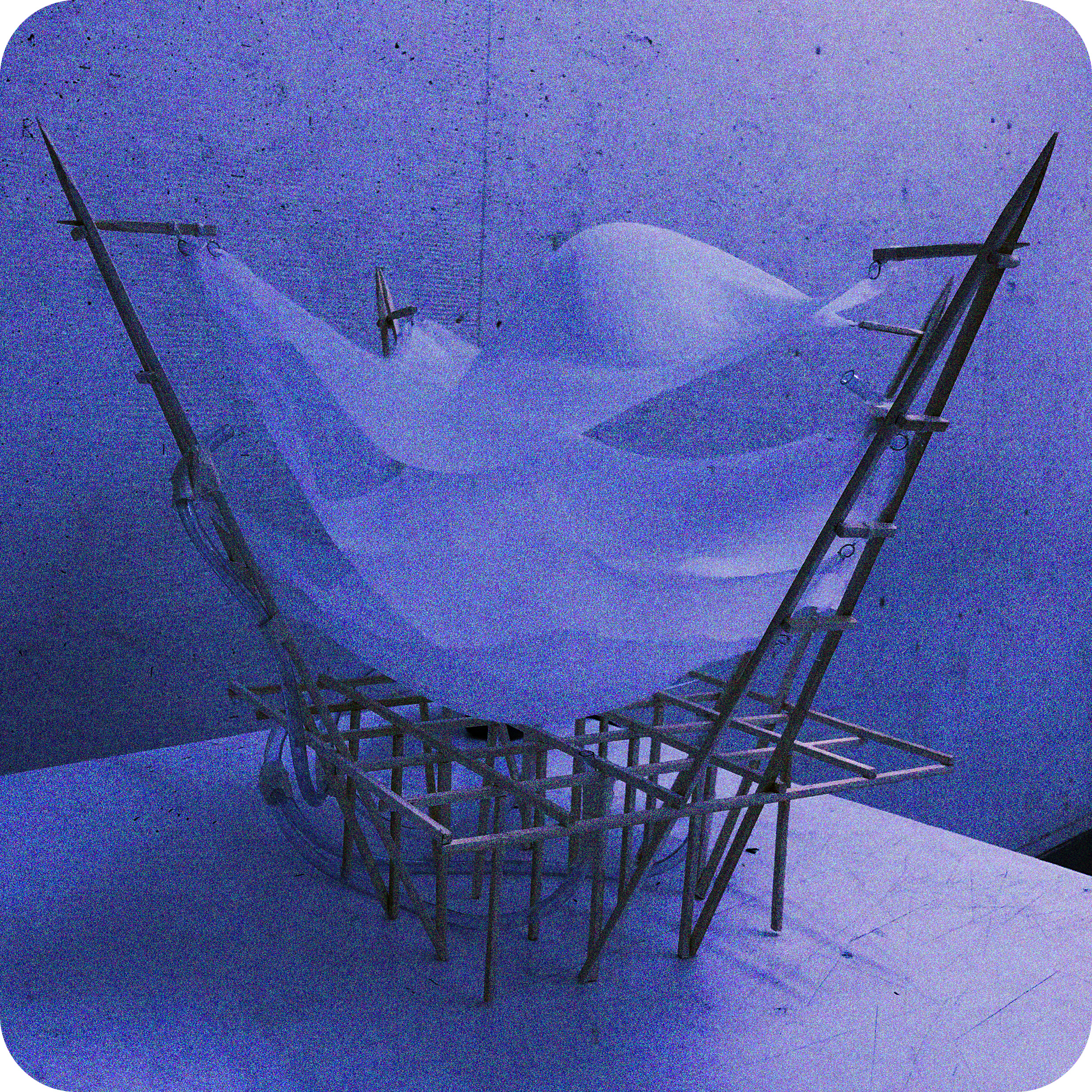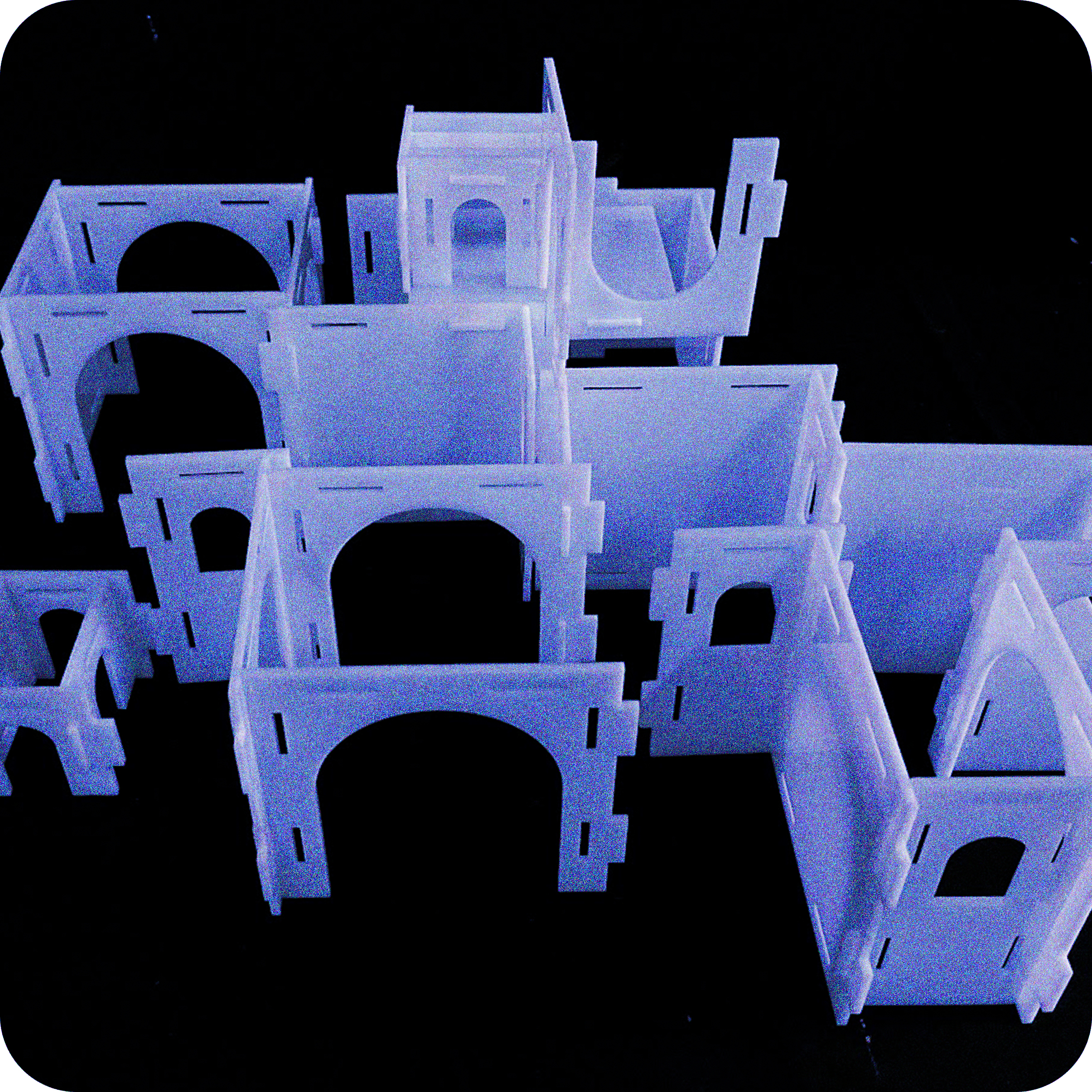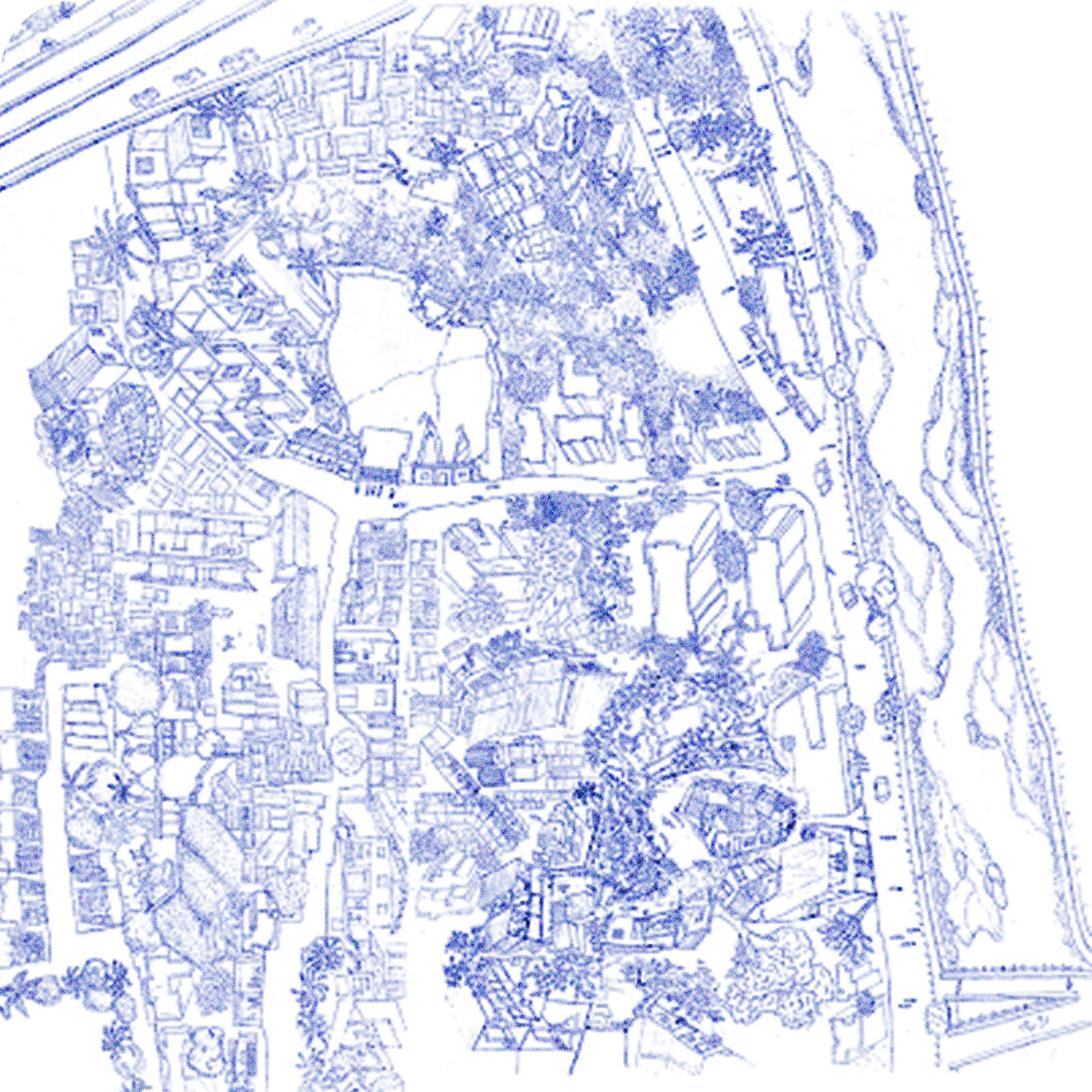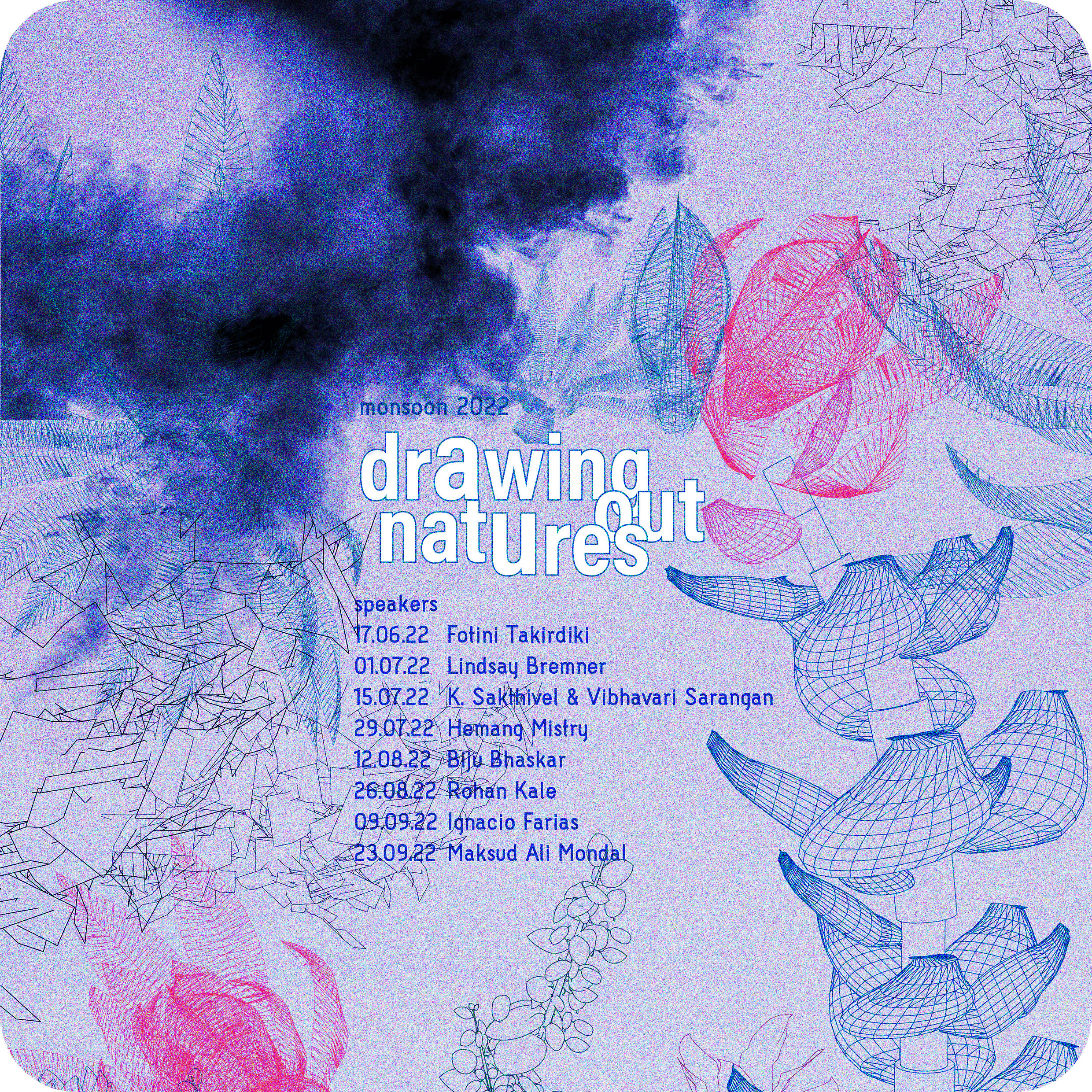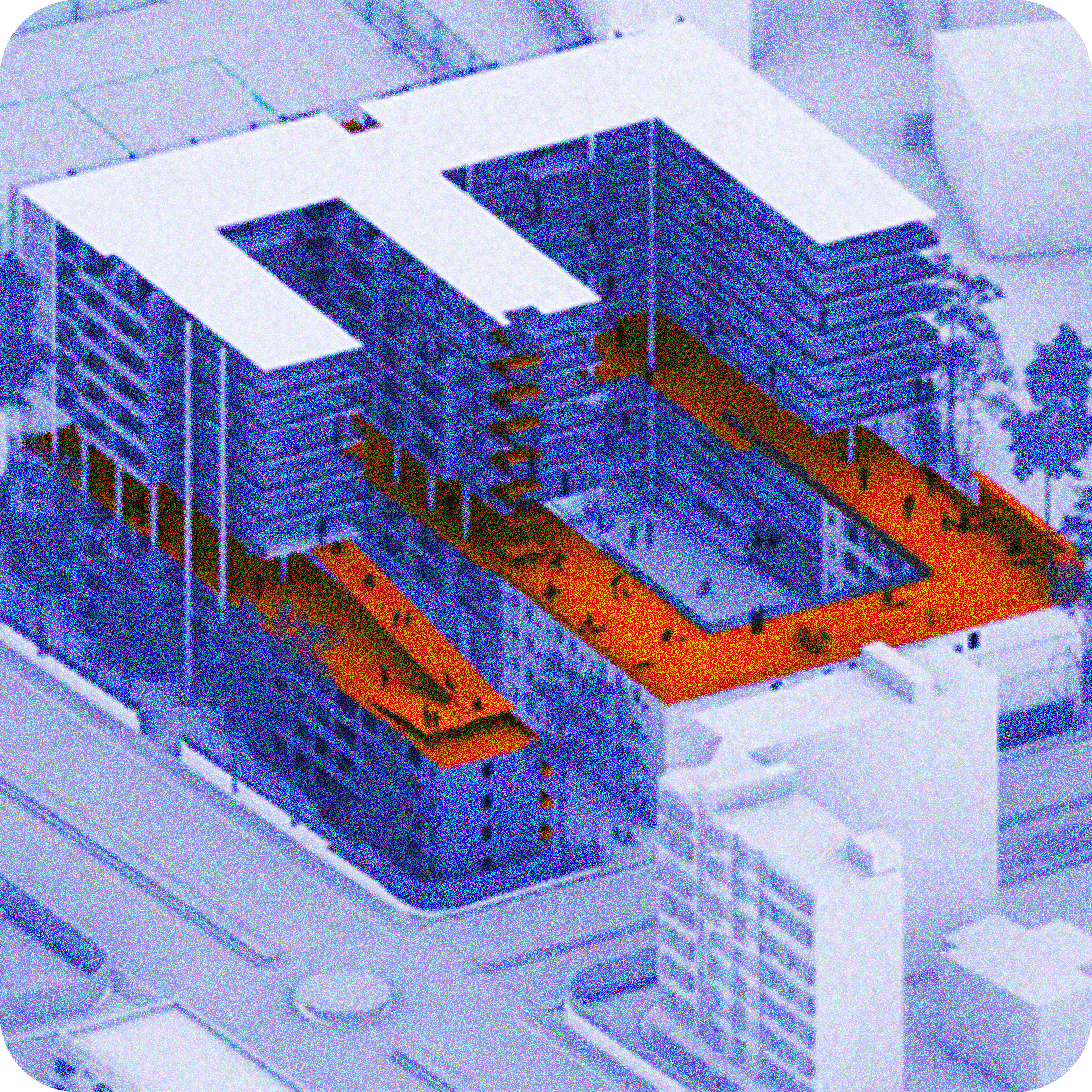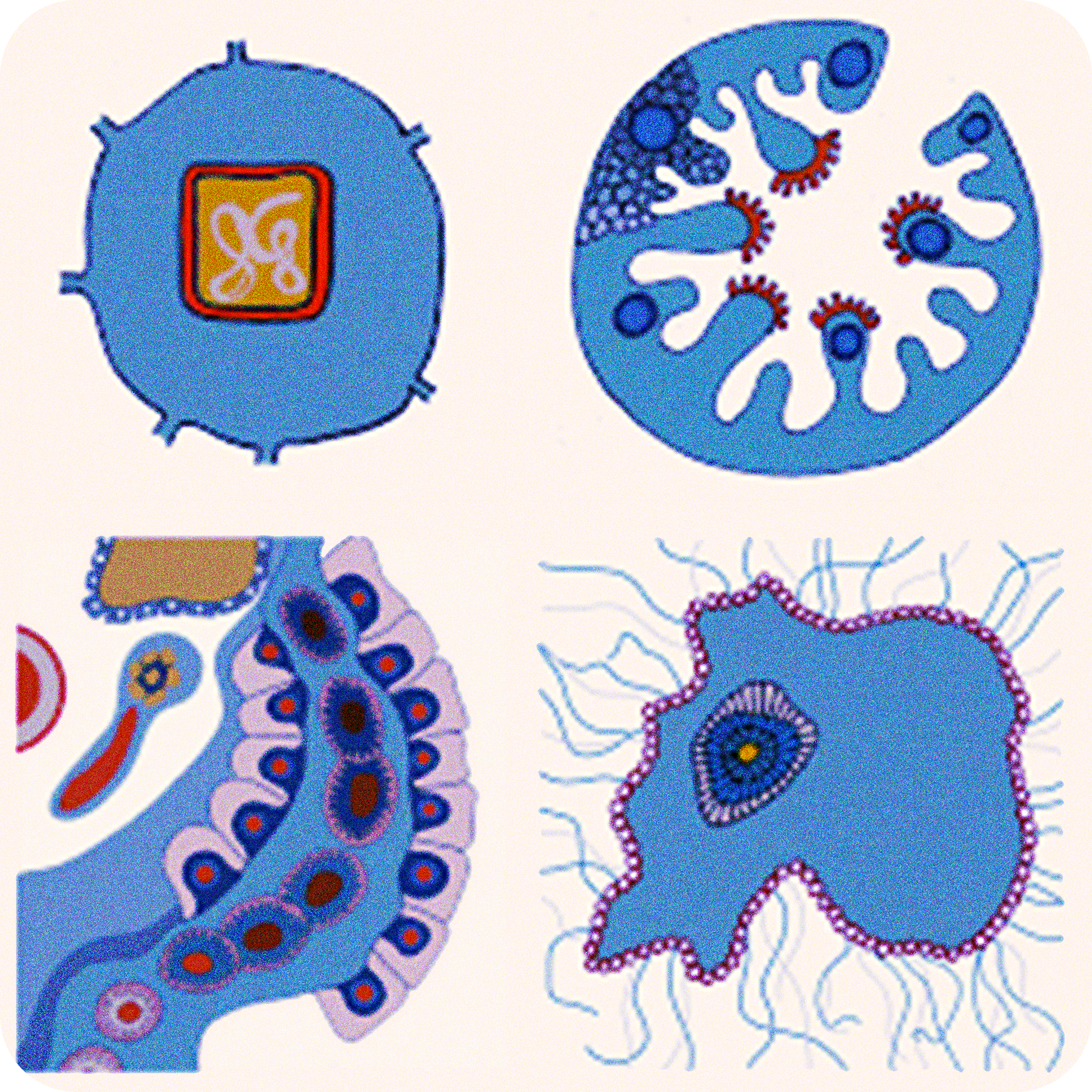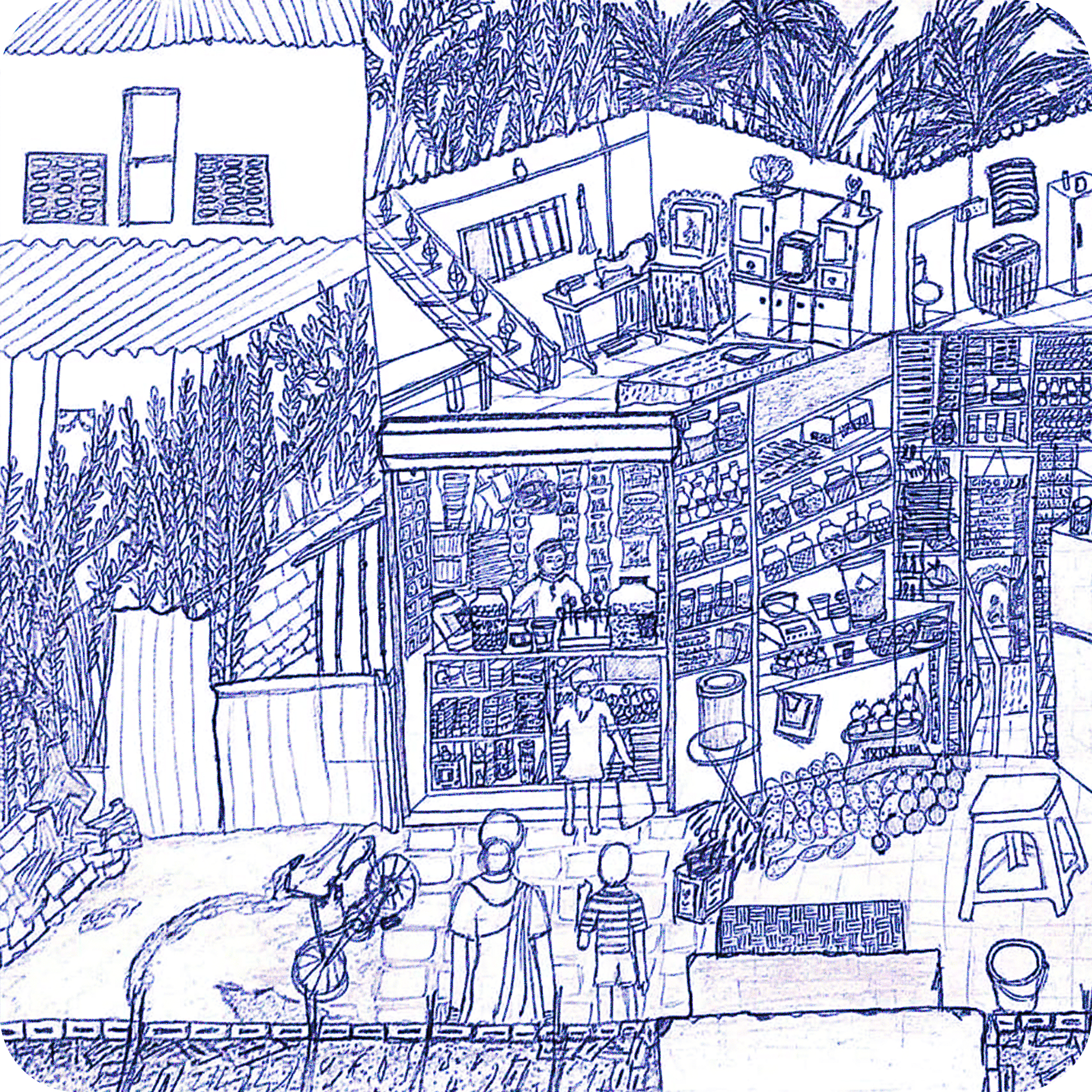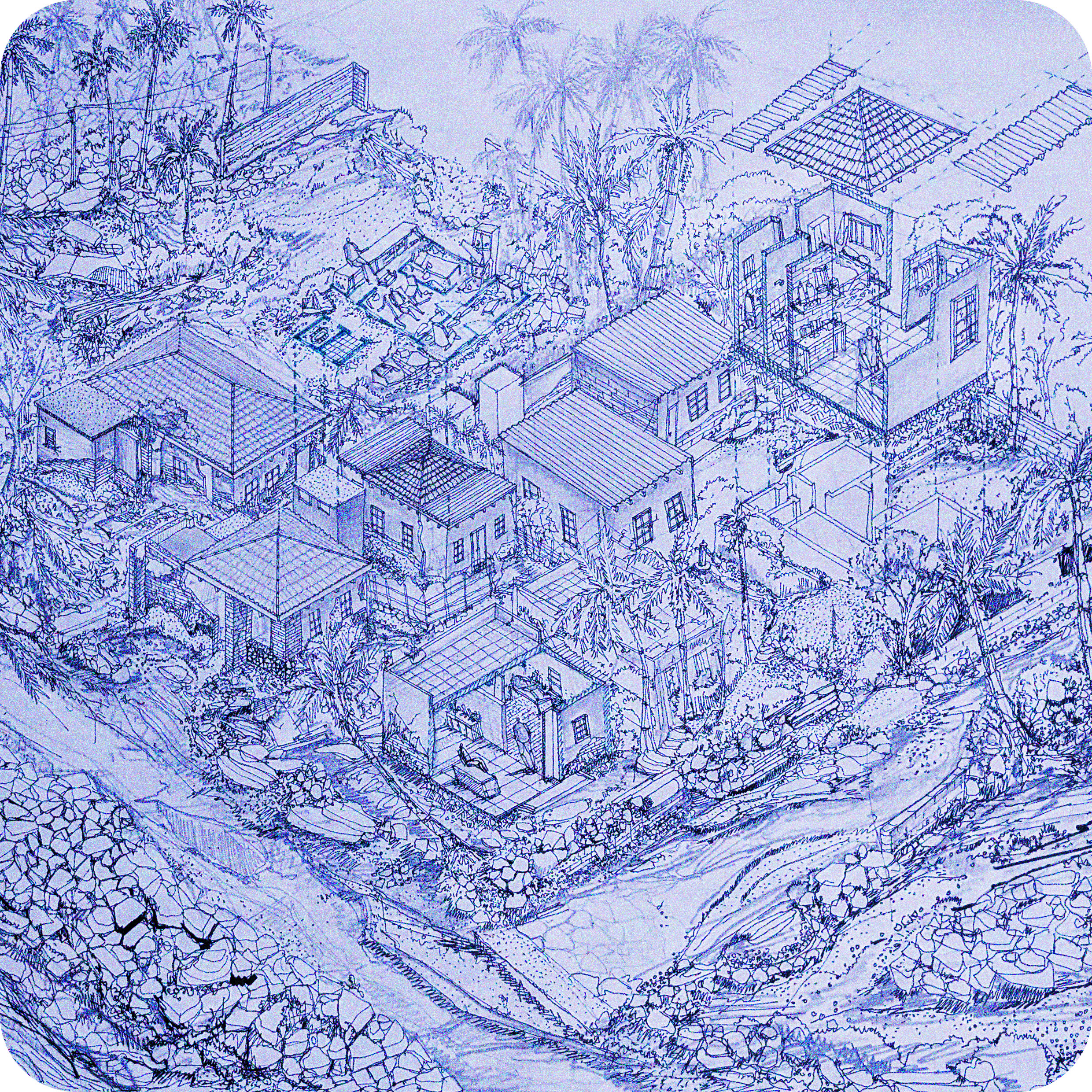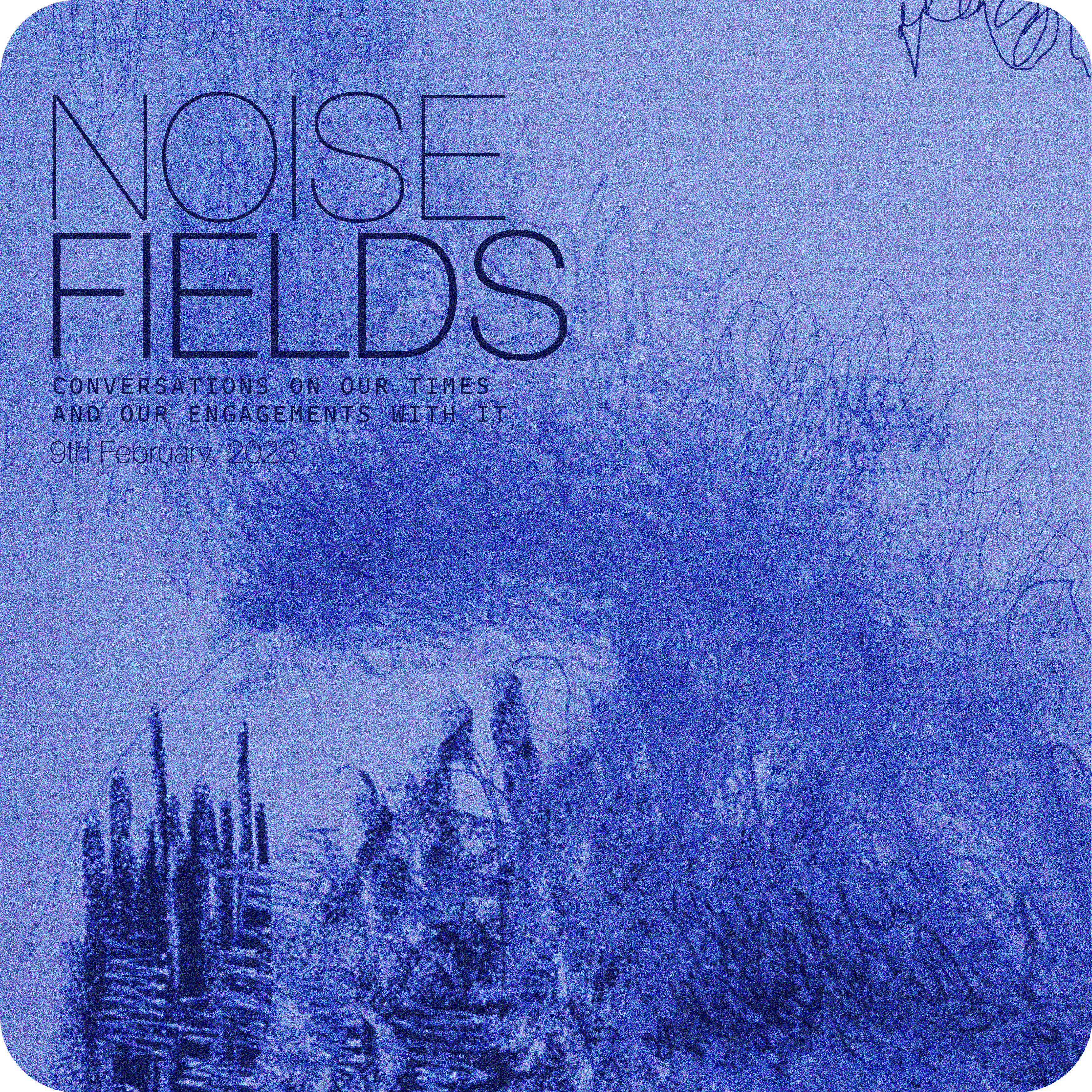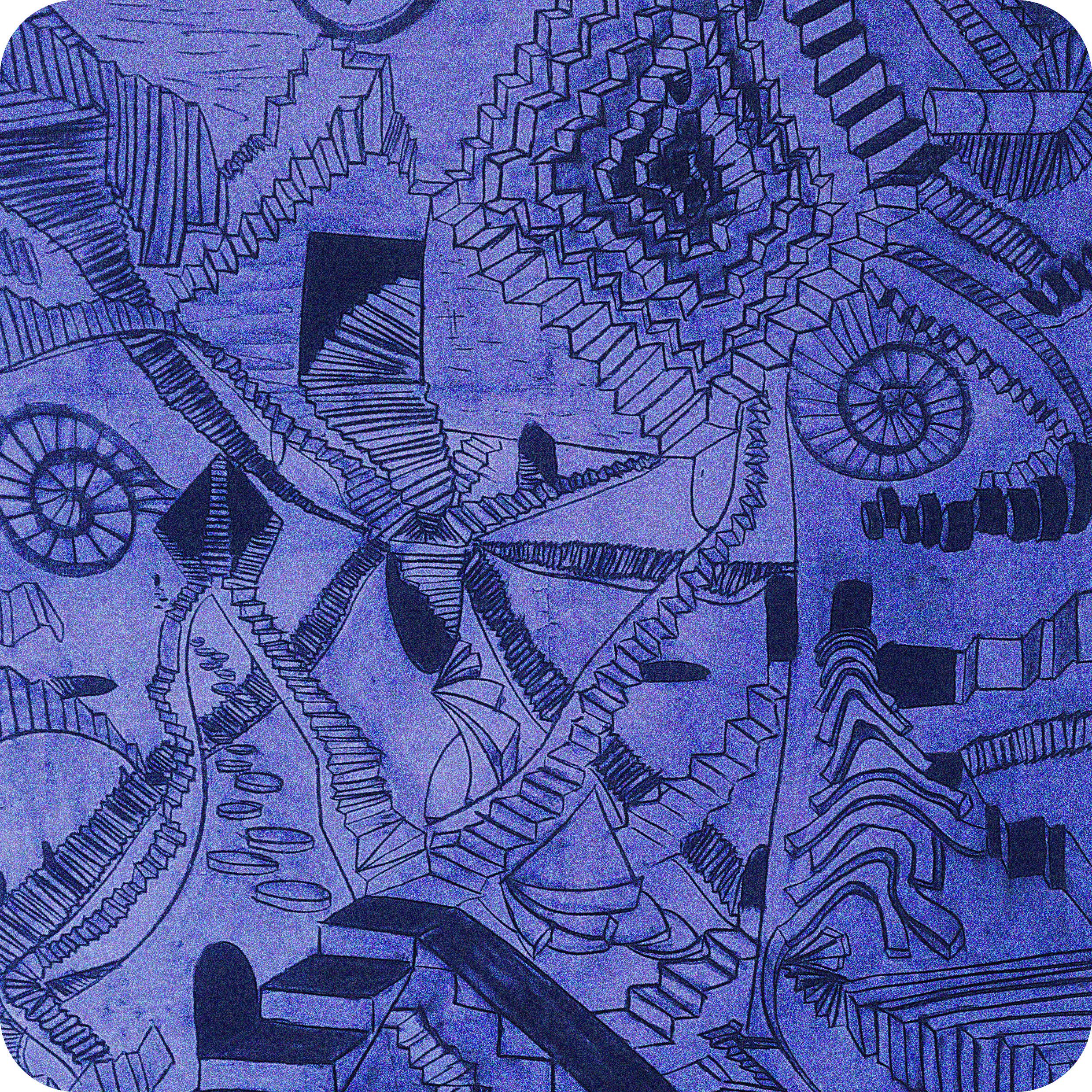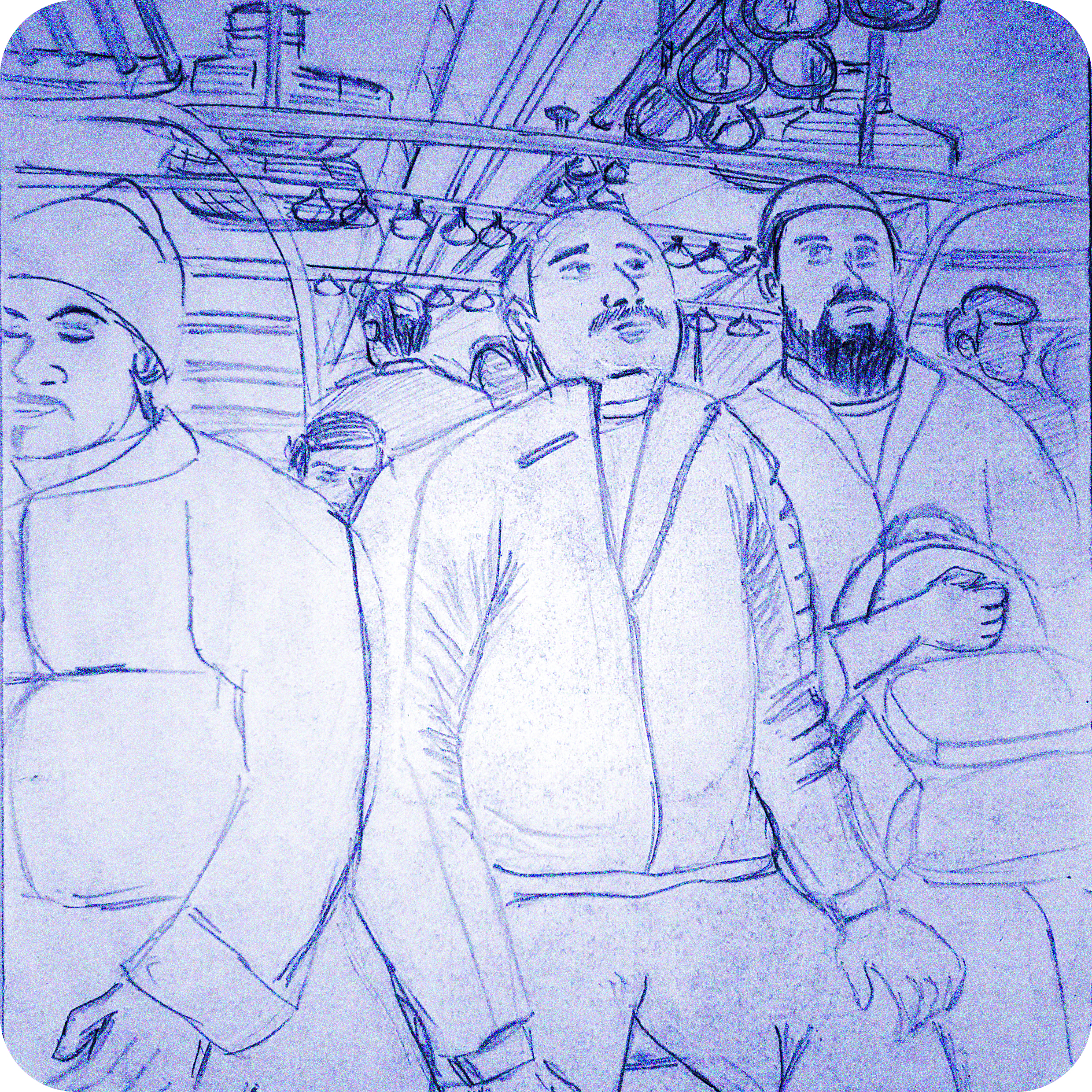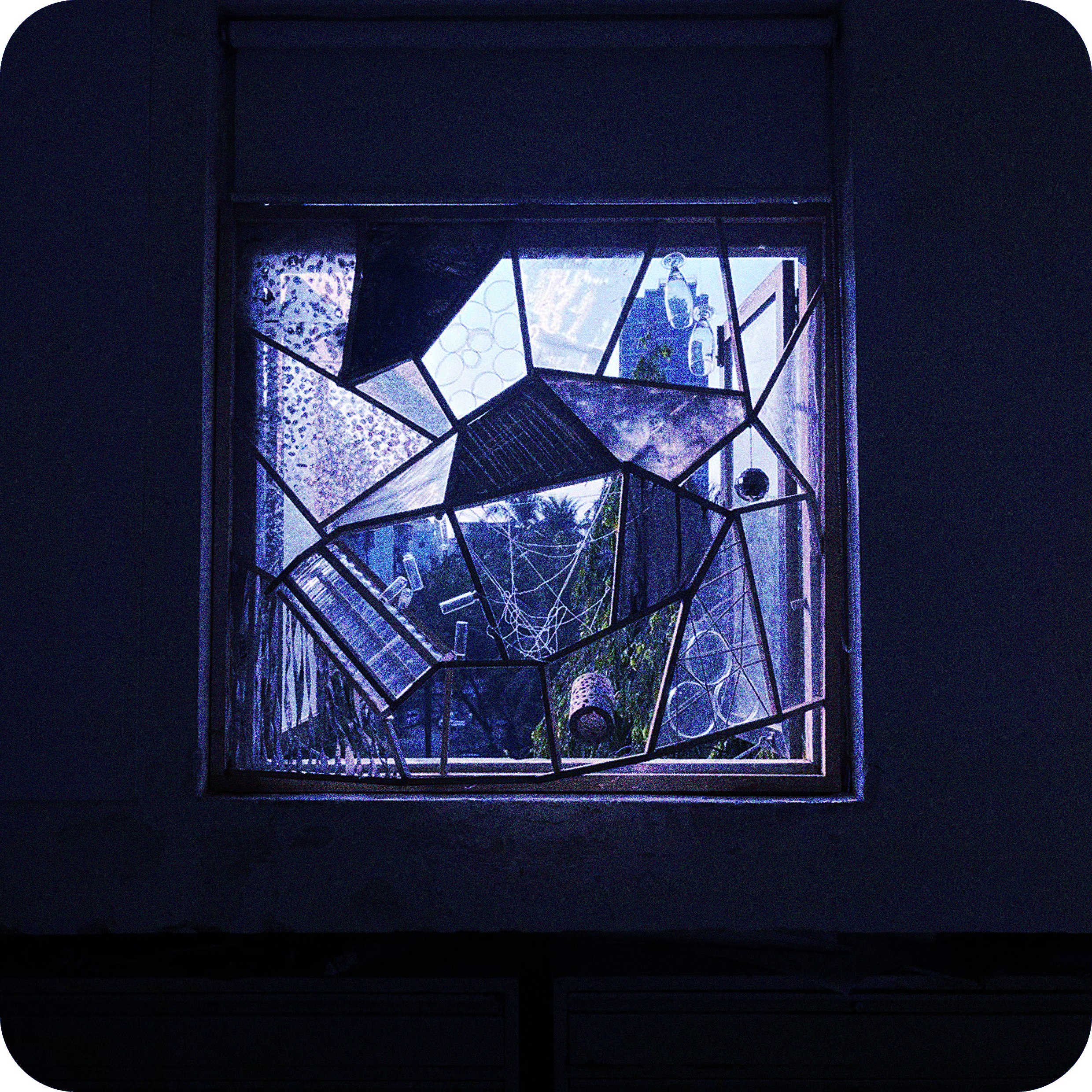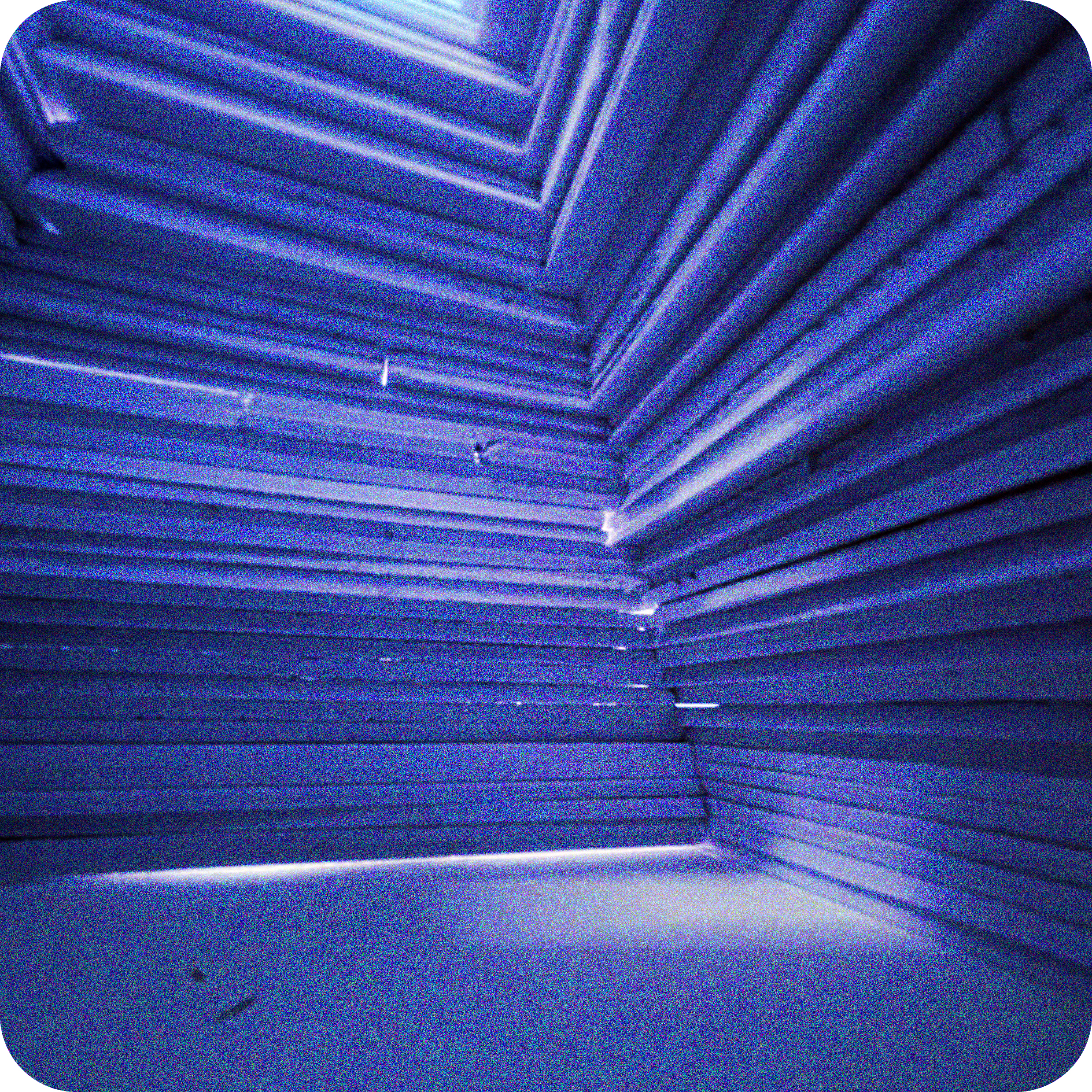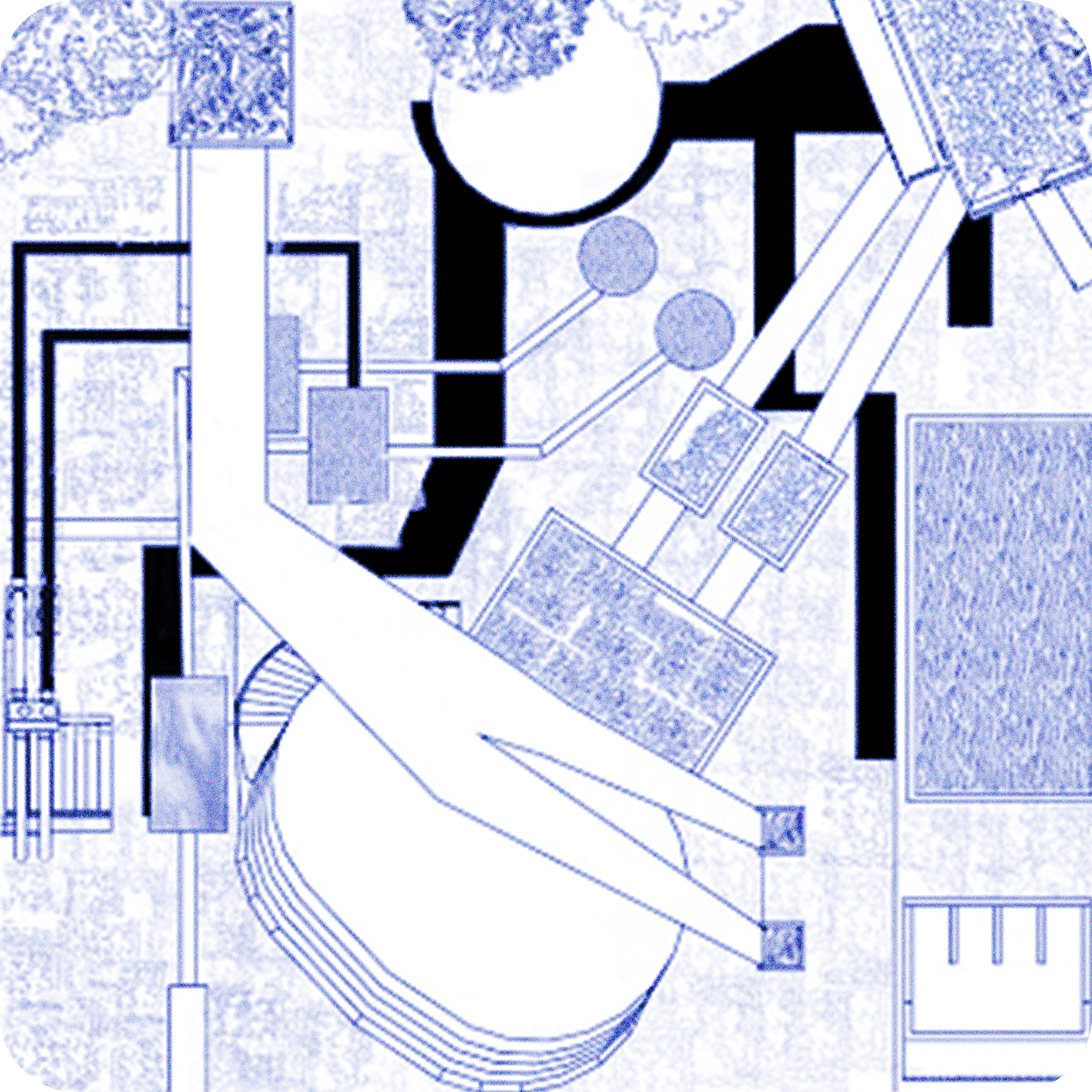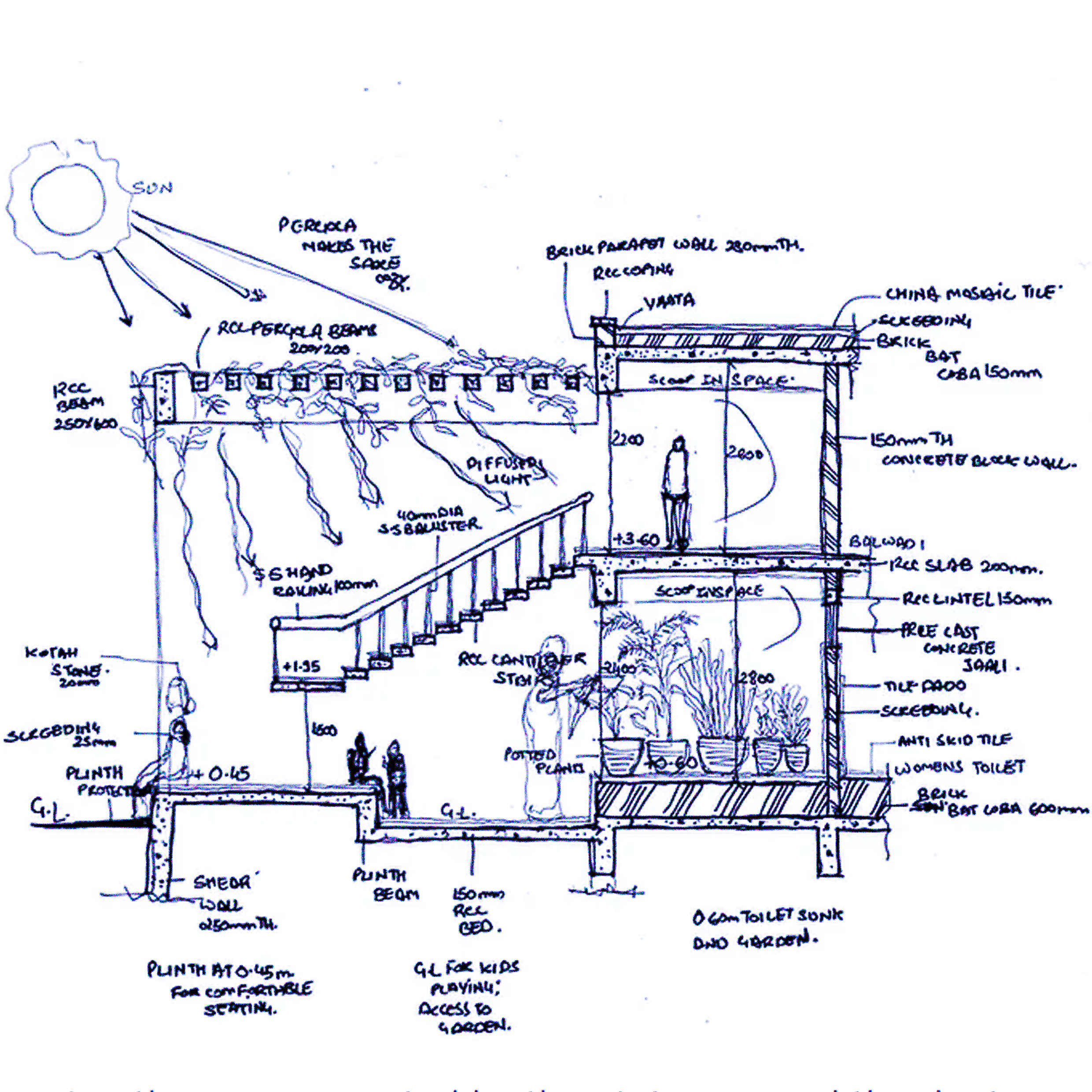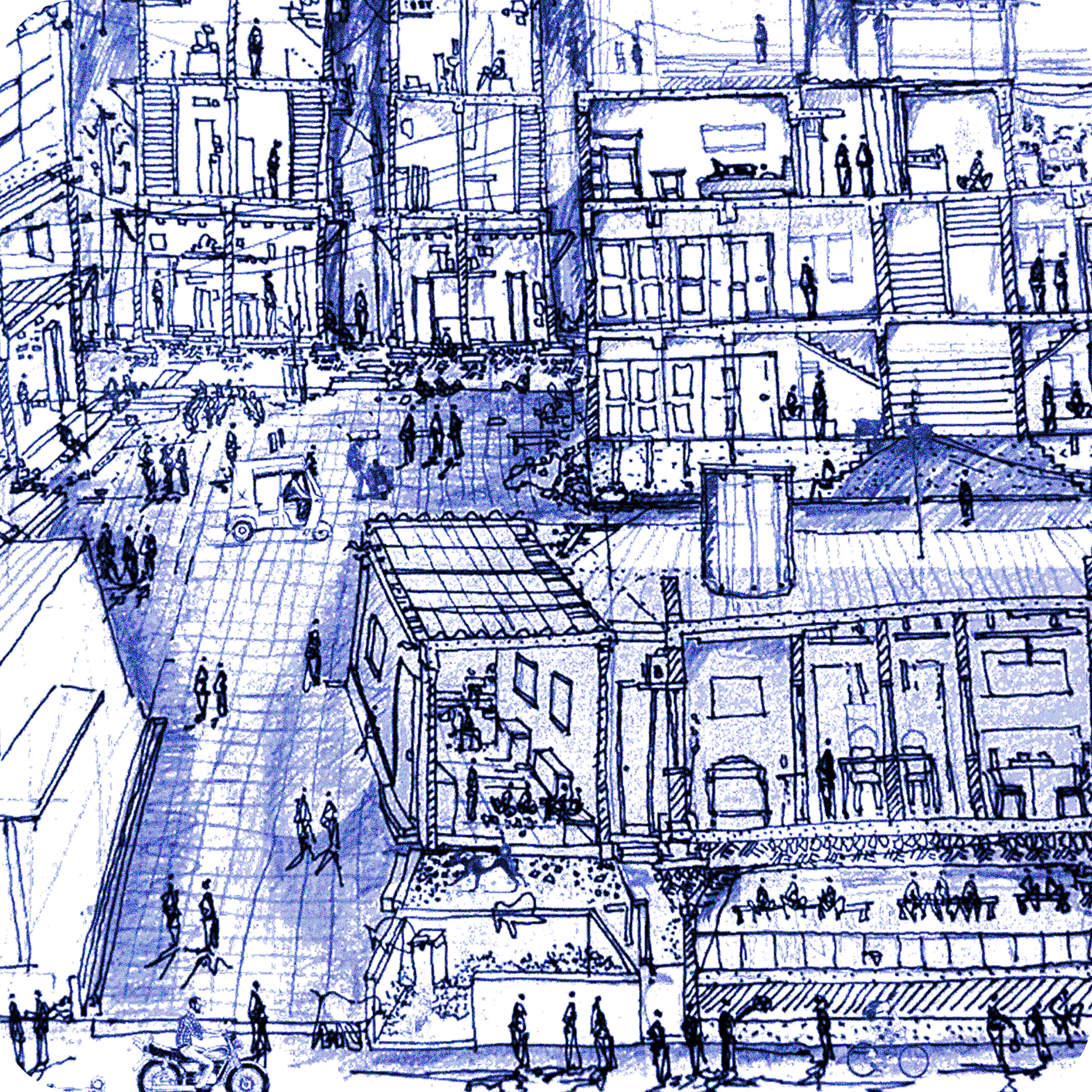SEA DIARIES 2022-23
An overview of the previous academic year at SEA
MONSOON SEMESTER
The pedagogical ambition of the Allied Studies and Specialisation Studies is to question existing assumptions about the institution. It is an invitation to rethink the architectural institution as largely concerned with producing individuals with capacities to build, towards perceiving it as a collaborative of heterogeneous, distinct and autonomous directions within architecture that inform each other and draw out the merit in each other.
The courses aim to provide space for such an expanded idea of spatial design, where the design of the self and design of life itself become the key objectives. The courses are structured such that each teacher-practitioner anchors a studio that centres the questions that their individual practices seek to investigate. These questions raise a longue durée engagement and are deeply connected to philosophical processes.
Running for the fourth year (the Allied Studies were first introduced in 2020), these vertical studios have students from all years participate in the course of their choosing and all the courses offered run simultaneously. The courses invite students to consider a broadened sense of the discipline of architecture by asking them to accompany the teachers in their thinking and their work and participate as a collaborator-learner.
The following courses were conducted as Allied Studies and Specialisation Studies in 2022-23:
ALLIED STUDIES
SPECIALISATION STUDIES
SEA CONVERSATIONS
SEA Conversations is a fortnightly lecture series set up to establish a dialogue on contemporary issues and practices around the built and cultural environment. SEA invites imminent practitioners from various disciplines to engage with the students and the community at large. A single 4-month semester session is planned for 8 lectures, thus, an annual cycle may have 16 SEA City Conversations.
These sessions may be curated around focused thematics in order to explore a subject through the lecture series. Alternatively, the conversations may be strung along the research verticals of the school. Typically, conversations are structured as hour-long presentations by invited speakers followed by moderated discussions and audience questions and answers.
However, SEA Conversations are open to explore formats such as performance-discussions, panel discussions, book openings, debates, and so on.
However, SEA Conversations are open to explore formats such as performance-discussions, panel discussions, book openings, debates, and so on.
From June to September 2022, the SEA Conversations was anchored around the question of Drawing out Natures : an engagement towards making visible the invisible relations between natures and the natures of human and more-than-human agency. In this series of SEA Conversations, we delved into the drawing out of natures to advance imaginaries of engagement with contemporary ecological crises and climate emergencies, and the contests that come to erode and expand sociospatial claims in the shared ecologies of our worlds.
CORE COURSES
Core modules are anchor courses around the philosophies of SEA. They are experimental and exploratory - jointly undertaken by the faculty and students of SEA towards not only developing new knowledge, but also speculating and projecting on architectural ideas and questions for developing new possibilities for life and living.These courses are set up with a twin agenda - first to build capacities in spatial analysis and design at various scales; and second to build a conceptual, spatial, visual and making culture at SEA.
To speak of them briefly,
Conceptual Culture refers to a culture of depending on conceptual articulations to engage with life (and architecture),
Visual Culture refers to using the structure and language of images, particularly drawings, for understanding, analysing or imagining new forms of life and to shape the world we live in, aspire towards, and make,
Spatial Culture refers to a culture of thinking through space and place where it deals not only with the specific forms / types / patterns of spatiality, but also with contexts, modes, methods and mechanics of imagining / producing such spatiality along with the experiences and relationships the spatiality creates,
and Making Culture refers to a culture of looking closely at the mechanics of physicalities and viscerally engaging with the world. The premise here is that space and form are inseparable and humans think of space through form. Therefore, one must invest in experimenting and exploring form, its structure, its assemblies, its detail, the processes of putting them together along with affordances, experiences and meanings generated.
In the Monsoon Semester of 2022-23, the following Core Courses were conducted:
In the Monsoon Semester of 2022-23, the following Core Courses were conducted:
WINTER SEMESTER
SETTLEMENT STUDIES
Under the settlement studies programme, different human habitations are visited in the first three years. These courses are formulated with broadly three objectives - first, to train students into undertaking organised field-work, collect data and undertake analysis of such data to make inferences and conclusions; second, to develop in students an interest and orientation towards looking at the field as a source of knowledge and of life; and lastly, to sharpen the abilities of students to sense the field using their own senses as well as their analytical capacities.
At SEA field visits are also undertaken with a purpose of adding new knowledge to the field of architecture. One of the most important dimensions of field visits at SEA is that the field is used to interrogate oneself - where one asks questions about oneself via the field. Such an approach locates the locus of difference within the self, instead of the object outside. The questions are geared towards interrogating the assumption of one’s “normal” and ways in which certain spatialities get conceived within the mind.
The field is thus a site to encounter the self through a process of defamiliarization.
The Settlement Studies were conducted in the Winter Semester - in January for the students of the 2nd and 3rd years, and in April for the 1st year students, who joined the school in late November.
SEA ANNUAL CONFERENCE
The Annual Conference at SEA anchors the graduation event and is typically held in February every year. The conference brings together 4-8 international experts in conversation with the faculty at the school, to further the inquiries at the school and position them within the academic sphere globally. The conference curatorially attempts to catalyze contemporary underpinnings of spatial practice within one’s context. It furthers and strengthens the academic and strategic networks of the school while inviting fresh perspectives to inform its own thinking ecology.
The conference is always planned as a city-wide event to accommodate larger publics while being open to everyone across the world via virtual interfaces.
In 2023, SEA’s annual conference was titled Noise Fields
It invited architects, artists, academics, and practitioners to deliberate on “noise” while asking: how can spatial and cultural practitioners offer creative and purposely politicized provocations on the noisescapes that we inhabit, and their different modulations and representations that compose our urban worlds?
In 2023, SEA’s annual conference was titled Noise Fields
It invited architects, artists, academics, and practitioners to deliberate on “noise” while asking: how can spatial and cultural practitioners offer creative and purposely politicized provocations on the noisescapes that we inhabit, and their different modulations and representations that compose our urban worlds?
The panelists engaged with noise in different ways: as a heuristic device to ‘listen to’ and ‘draw out’ the polyphonic compositions of urban life; as a ‘vibrating entity’ that we traverse and experience everyday; as a ‘sensorial and technological entity’ that lurks within representations of space and disturbs them, despite efforts to erase it; and lastly, as an ‘aesthetic field’ that warrants a spatial inquiry into the sonic lives of power, law, violence, freedom, and hope.
CORE COURSES
The Core Courses of the Winter Semester were developed around questions of form along with meaning and experience, material phenomenologies and type, building techniques through the study of material systems, and thinking of built interventions in resource scarce neighbourhoods.
Some of the studios have been discussed here:
Some of the studios have been discussed here:
